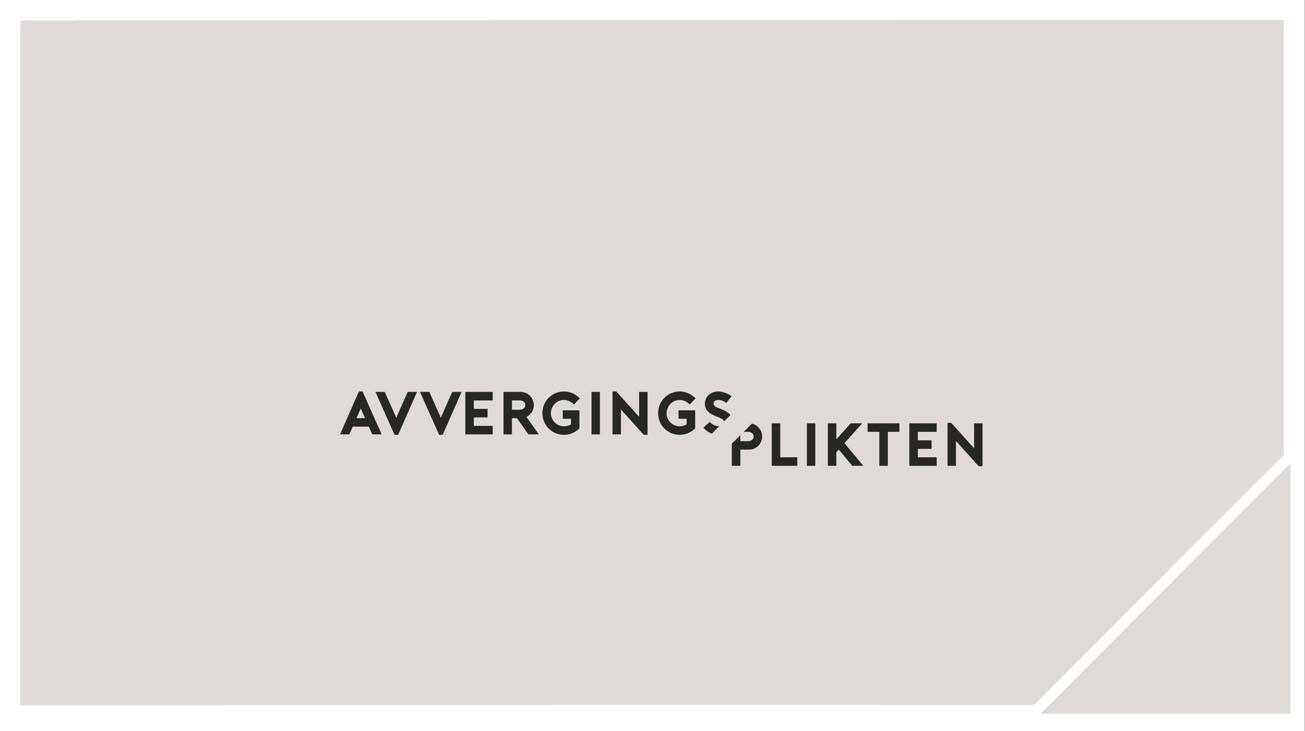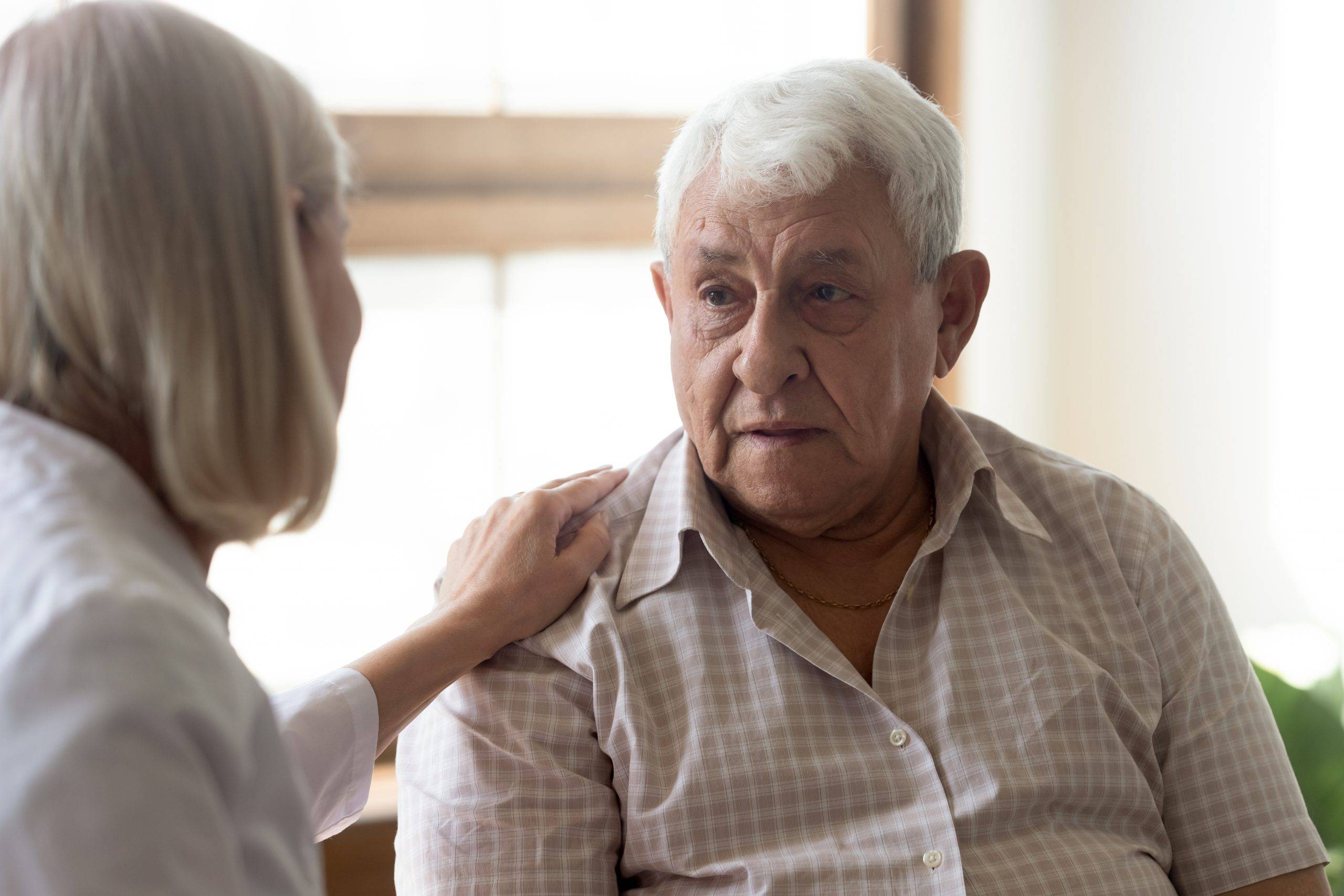If you work with people
Sometimes it can be challenging to find a balance between your duties as a professional and whether you should keep quiet or speak up. There can be a lot to weigh up, and it is therefore important to know the possible actions you can take and what your various duties are.
“If you know that a person is the victim of a criminal act, then you have only one choice – and that is to report the offence.” Read what Dr Birgit Lie says about this in an interview here.
The duty to avert criminal acts applies to everyone, and it is an individual and personal responsibility. For example, even if you have a superior who does not share your assessment of the likelihood of a criminal act, you still have a duty to avert the offence.
Read about the duty to avert criminal acts in practice here.
Ansvar for å beskytte - plikt til å handle
Check procedures, seek advice
Many workplaces have their own procedures for how to proceed when you report to Child Welfare Services or notify the police. Your manager or another designated person where you work will often have the primary responsibility for handling situations that trigger the duty to avert criminal acts, and they may be able to give you some good advice.
If you are in doubt, one option is to contact Child Welfare Services or the police for help in assessing how to proceed. Depending on the type of duty of confidentiality to which you are subject, it may be necessary or appropriate to anonymise the case when you make your enquiry.
If you work with children and young people
Being subjected to violence or sexual abuse by adults or other children or young people – often someone close – can have serious consequences for the children who are victims of such acts. If you work with children or young people, such as in a kindergarten, in a school or in health and care services, you can gain a unique insight into the children’s lives, their families and their immediate circle. You may make observations or obtain information causing you to fear that a child may be affected by serious criminal offences. If the parents or child’s caregivers are unable to protect the child, or you suspect the parents or caregivers themselves of violence or abuse, you must determine whether you have a duty to avert the offences.
If a child tells you about something painful and difficult, it is an expression of trust and that you have the expertise to provide the help that the child is looking for – and needs. Then, you may be the person that the child first and foremost wants to talk to. If this is the case, we recommend that you be the one to follow up the child to begin with, if possible.
If the situation does not require an immediate reaction, observe what the child expresses and listen to what they say. Ask exploratory questions and try to establish the seriousness of the situation and whether you need to act quickly on behalf of the child. Reporting a potential offence too soon after a child has said something can lead to the child becoming insecure or withdrawn or refusing to talk about it again. Try to find safe solutions together with the child. If the situation is urgent, you must notify Child Welfare Services and/or the police, or bring the child to safety yourself. Remember that the action you take must be suitable for averting the criminal offence and protecting the child.
You must always notify Child Welfare Services when children are involved
Children may be involved in that they themselves are the victims of violence or abuse, in that they experience violence at home or in that their caregiver is the victim of violence or abuse, affecting their ability to provide care. If the duty to avert criminal acts is triggered and children are involved, you must notify Child Welfare Services. This applies even if the police have also been notified or the child has been brought to safety. If necessary, agree with the police or others on who is to report to Child Welfare Services.
Read more about the duty to provide information to Child Welfare Services.
If you work with adults
If more people intervene when adults and the elderly are at risk of abuse or aggravated assault, we will be able to prevent the loss of life and health. If you work with adults or the elderly, for example in health and care services, you may become aware that something serious will happen or has already happened and could happen again. Then you have an opportunity to help and to prevent violence and abuse.
It may also be appropriate to identify experiences of violence and abuse in conversation/consultation with all new contacts, provided that it is not obviously irrelevant. Many of those who were the victims of violence and abuse have, at a later stage in life, reported that the professionals they were in contact with at the time avoided the topic. And many of them say that they would probably have said something if they had been asked. Some also say that they might have just said a little, to see how the person who asked would react, and maybe say more later on. An important piece of advice is therefore to be open to raising the issue again if you – despite an evasive or dismissive answer – are still troubled or worried.







